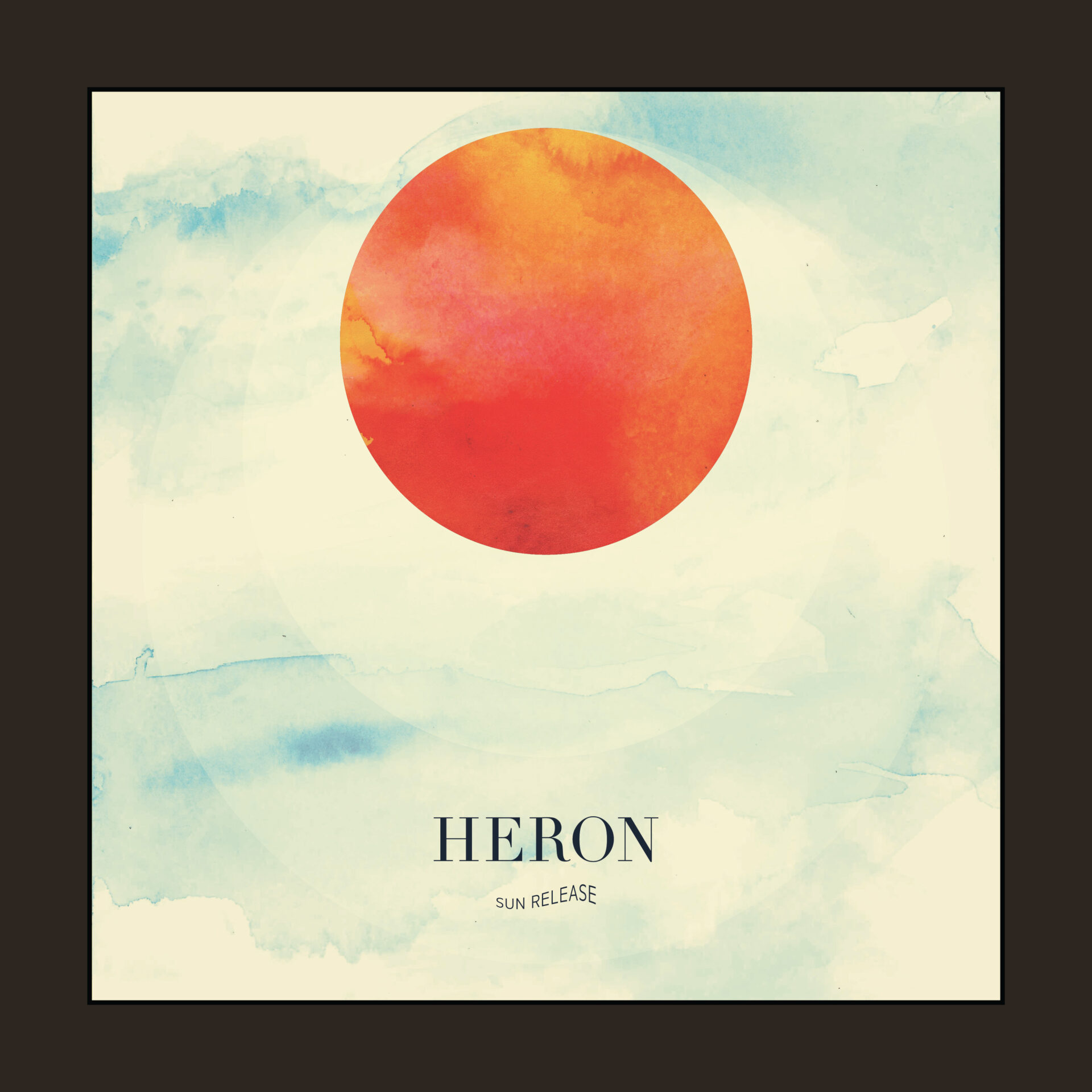There’s nothing like an instrumental rock album to raise the heckles but like aging it shouldn’t be anything to fear.
While the young may be shaking their money maker to Jake Bugg and Camel Phat, or even the new Madonna record, Heron take the indie rock aesthetic of the noughties and give it a managed post-rock shake into easily digestible four-minute slots for a more discerning crowd only restricted by the limitations of the vinyl format we seemingly crave and it is surely designed for.
But there is something undetermined yet rousing about instrumental guitar music done well because it has to connect with more than just the part of the brain that interprets words and melodies, it has to bury itself deeper into the jumbled cables of consciousness so as not to just bounce off the surface of the auditory cortex into the background cerebral wallpaper. And, on Sun Release, Pennsylvanians Heron scratch that erudite itch often and satisfyingly but without necessarily getting to the source of the irritation.
Long build-ups evolve into squalls of wailing guitars and almost vocal effects like Manchester Orchestra but without the overt lyrical reassurances that life is crashing down all around. Not that this can be a bad thing as a natural sense of optimism and rebirth hangs over the early part of Sun Release like the umbrella of a newly opened flower, so for all its reverb, simple minor chord progressions and well-tread sonic pathways ‘The Void’ is the first big high and at seven minutes a glorious slice of accessible post-rock. ‘Moon Data’ takes things back down a notch, slower more repetitive (did somebody order string echo?) before suddenly bursting into a more traditionally indie rock coda, while ‘Shadow Phase’ resists the urge to go in a more high-brow direction or, similarly, Swans-style repetitive chanting but is the darkest and most cyclical track here. It’s a state of being rather than a musical journey where even the introduction of drum fills and (more) guitar fails to stop what becomes a majestic spiral of noise and melody.
But Sun Release does struggle to reassert itself so it does have its lulls and it’s sometimes difficult not to imagine a sort of motorik vocal ala Public Service Broadcasting on top just to push things along in a more reassuring verse/chorus format. Of the second half of this record only ‘Gravity Shift’, a ten minute epic crammed into four, of majestic, flying guitars as (metaphorical) mountains and valleys are carved out below. There are more melodic, lilting moments on the Albatross influenced ‘Splashdown’ but without the beating heart of Mick Fleetwood’s bass drum it’s bluesy intuition builds into a sort of skyward drone without really getting off the ground which is a real shame although, crucially, a possible portent of good things to come.




